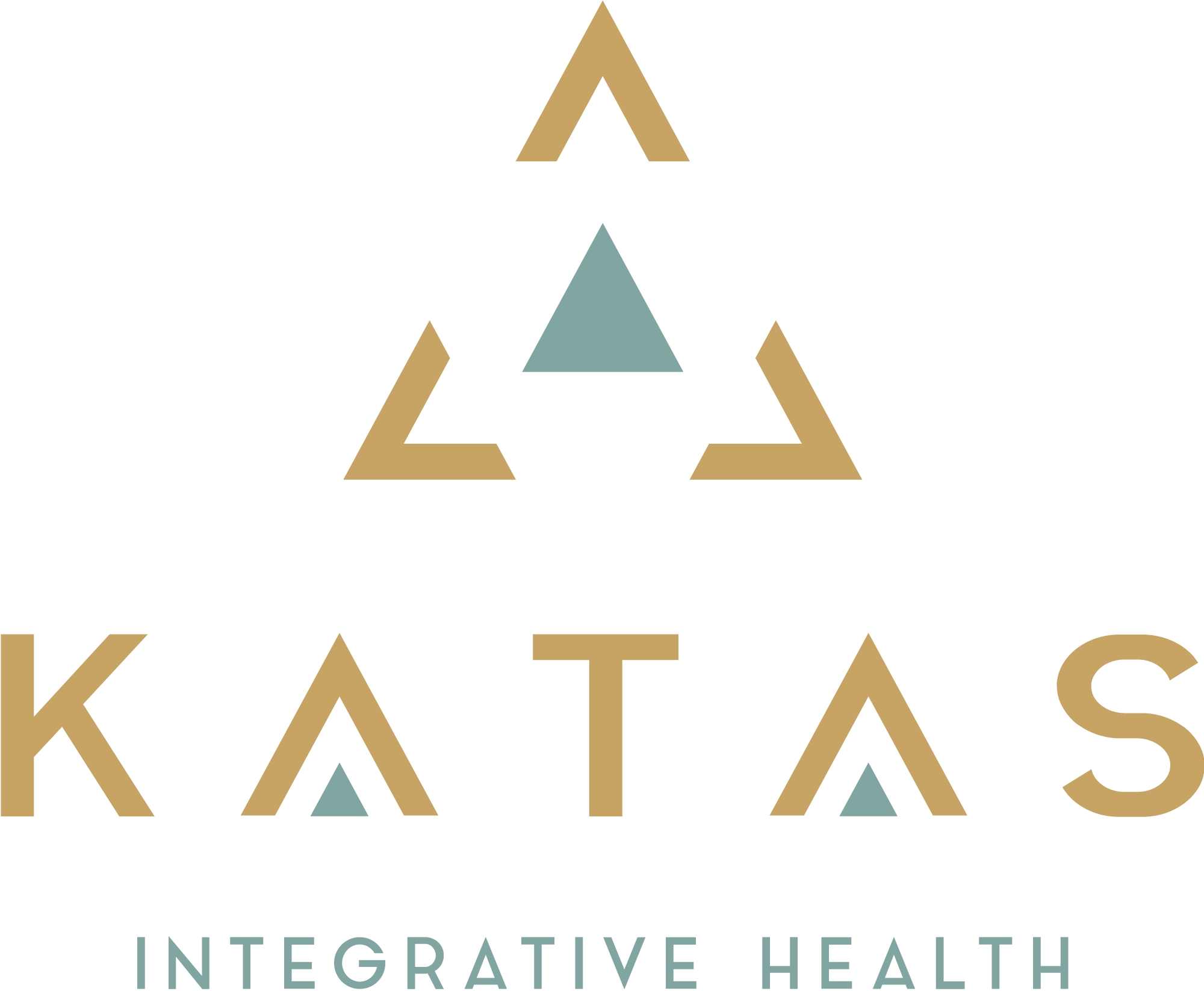All disease begins in the gut – Hippocrates.
The gut, or gastrointestinal system, is the gateway to optimal health. Think of your gut as an ecosystem of organisms that includes bacteria, yeast, fungi, viruses, and protozoans (parasites) throughout the digestive tract – collectively called the microbiome. We need a healthy balance of these organisms to have a healthy microbiome. However, the gut function is often compromised from eating the Standard American Diet, antibiotic and medication use, stress, poor sleep, and overconsumption of alcohol and caffeine. Other compromising factors are discussed below.
When we think about gut function, we must remember that other systems are also involved. Our bodies are intricately designed to be collaborative. Each system depends on the other to create balance, called homeostasis, within the body. Think about it as checks and balances. If one system is off, another system will respond. For example, if you have a leaky gut (intestinal permeability), food particles and pathogens from the environment enter the bloodstream and trigger an immune response. If the immune system is continually triggered to respond to foreign attacks, a normal protective mechanism, autoimmunity forms. Our bodies are intelligent and want to protect us. Approaching health with this mindset should be motivating to feed it and nourish it like your temple. If you’re having problems elsewhere in your body, the gut must be addressed. Body systems to consider include:
• Immune
• Endocrine (hormones)
• Nervous
• Circulatory (blood)
• Integumentary (skin)
• Respiratory
• Reproductive
Enemies of the gut
Your gut is powerful, yet delicate. Many factors inhibit the gut’s ability to maintain its bacterial balance, structural integrity, and absorbent qualities.

The enemies to gut health include:
The Standard American Diet (SAD) is rich in processed sugar and chemicals while lacking nutrients and fiber. This is a major contributor to a diseased ecosystem within the gut.
Excessive Medications such as antibiotics, steroids, anti-inflammatories, and acid-blocking drugs significantly disturb the gut’s microbial balance.
Inadequate Digestive Enzyme Activity. Enzymes are needed to break down foods in order to absorb and use nutrients within our bodies. The absence of these enzymes can lead to a host of digestive problems.
Infections are invasions of the body by pathogens such as bacteria, yeasts, viruses, fungi, parasites, mold, and Lyme.
Chronic Stress makes the gut vulnerable to leaky gut and infections.
SIBO, or Small Intestine Bacterial Overgrowth, occurs when there are imbalances in the gut bacteria resulting in an overgrowth of bad bacteria. This condition is often fueled by a diet heavy in sugar, alcohol, and refined carbohydrates. Many of the bacterial strains involved in SIBO feed on these anti-nutrients. The use of antibiotics, acid-blocking drugs, and steroids can also disrupt the gut flora creating an attractive environment for bacterial overgrowth.
Parasites steal your nutrients, compromise organ function, and are often a culprit of food sensitivities, such as dairy.
Yeast Overgrowth can cause many IBS symptoms such as bloating, gas, constipation, and diarrhea. Yeast and fungi are overgrown in response to an imbalance in the gut flora.
Food Intolerances and Sensitivities continually damage the gut lining, causing symptoms both gut-related and immune-related. Sensitivities often develop over time, but the good news is, that many common sensitives can resolve after eliminating the food for 3-6 months.
Food Allergies and IBS

General Nutrition Guidelines
As we know, everyone’s dietary needs are significantly different, but we can all benefit from these general guidelines. Eating organic is preferred when thinking about changing dietary habits. Below are recommendations to begin expanding into a healthier lifestyle in order to correct gut imbalances, heal from gut dysfunction, and reverse gut damage.
• Clean, unprocessed protein: wild-caught fish, organic meats
• Plant-based fiber: avocado, brussel sprouts, chickpeas, oatmeal, lentils, sweet potatoes
• Vegetables: bamboo shoots, green beans, squash, water chestnuts, zucchini, arugula, endive, spinach
• Fruits: berries, lemon, lime, olives, kiwi, honeydew melon, tangelo, pears
• Legumes: lentils and other bean varieties (try sprouting them for easier absorption!)
• Nuts and seeds: almonds, pecans, walnuts, brazil nuts, pumpkin, sunflower, flaxseed, chia
• Fermented foods – kimchi, sauerkraut, nonfat Greek yogurt, kefir
• Dairy: limit dairy to grass-fed butter and hypoallergenic cheese, like goat and sheep’s milk. Dairy is meant to be eaten in moderation IF you respond well to it.
Many people with IBS will report an improvement in symptoms when they eliminate gluten from their diet, even if they do not have Celiac Disease. Gluten is a protein found in foods that contain cereal grains such as wheat, rye, and barley. What to eat when you have IBS
Functional Medicine and the 4 R’s
Following the Functional Medicine “4 R’s” protocol is an incredible tool to uncover your health issues, nutritional needs, digestive dysfunctions, and bacterial imbalances. The results can provide valuable information to reverse intestinal damage, heal from digestive distress, rebalance your microbiome, and repair your overall gut health.
The steps include:
Remove: Eliminate problem foods, toxins, low-grade infections, and oxidative stress.
Repair: Begin reintroducing a clean diet with essential nutrients your body needs.
Restore: Repopulate your gut with healthy bacteria to restore the proper balance of gut flora.
Replenish: Promote a sustainable environment and healthy digestive function with probiotics, digestive enzymes, antioxidants, and immune-boosting vitamins.
The 4R protocol provides a practical, complete way to address and treat gastrointestinal dysfunctions to achieve optimal health and digestion.
In Part 3 on IBS, we will discuss the elimination diet, detoxing, supplements, and how stress is a negative factor in healing. Please do not hesitate to contact our office with any questions you have. Appointments are available both in-person and through telehealth – book here. We offer nutritional counseling and testing to help you heal IBS.


